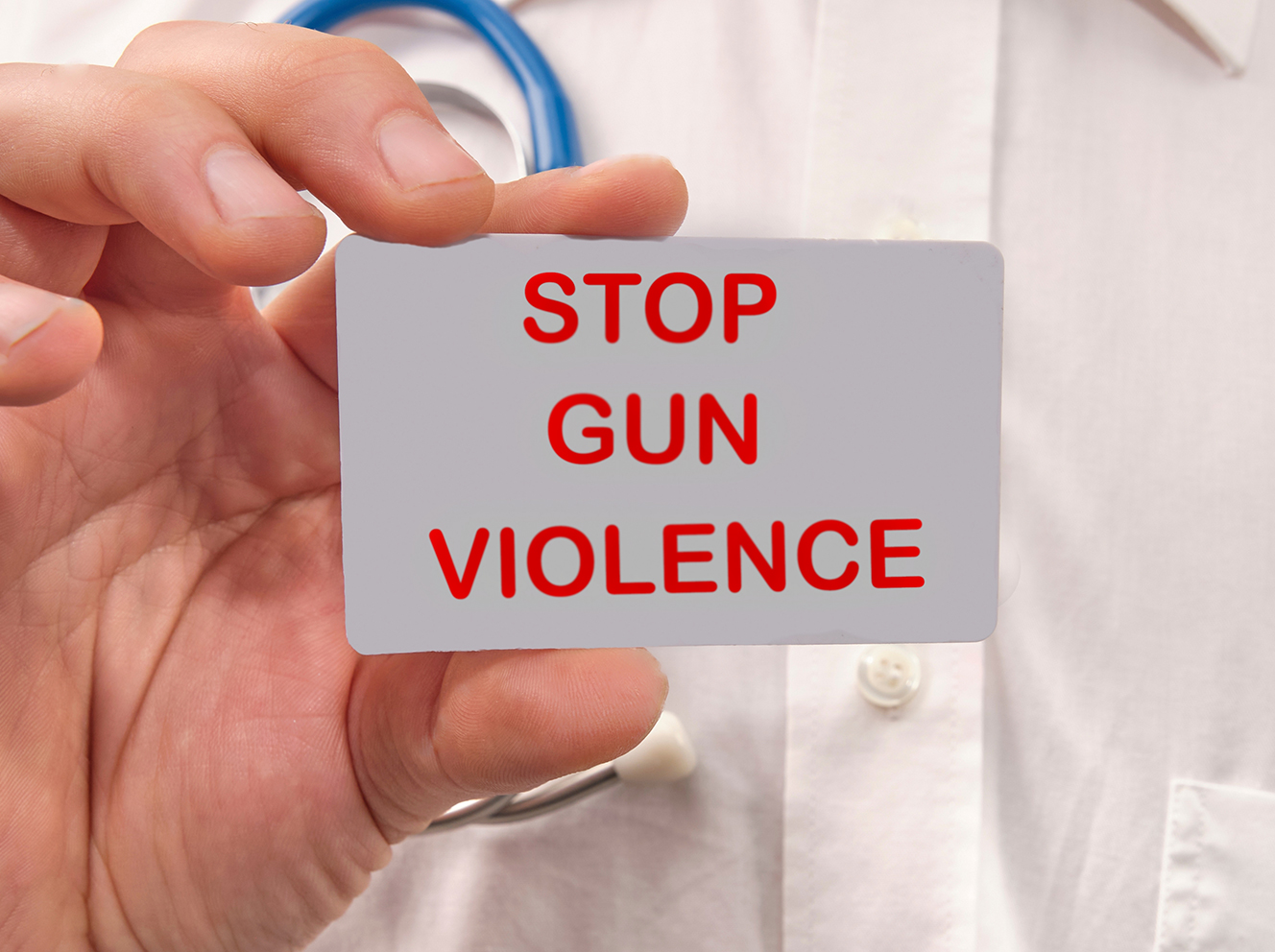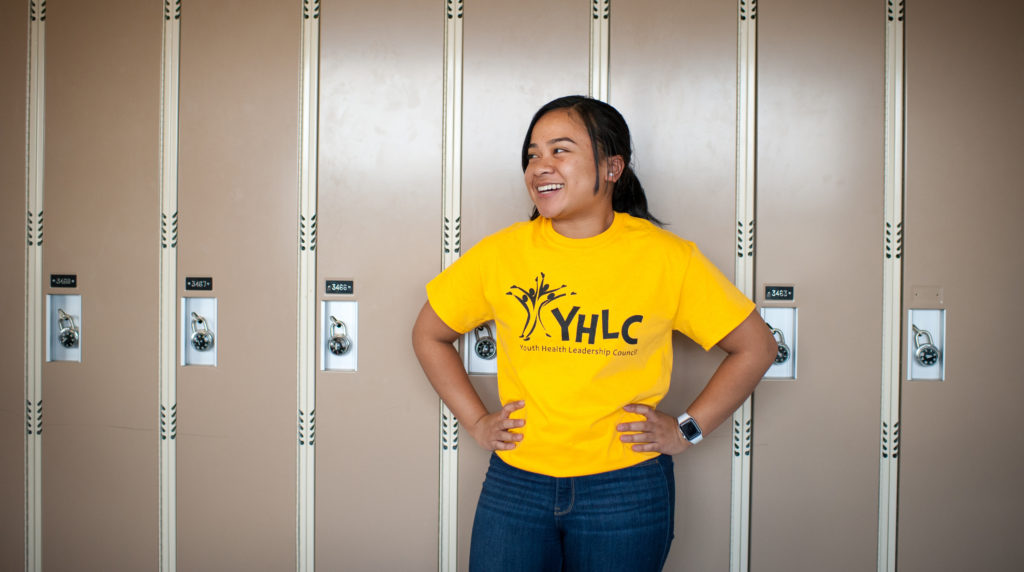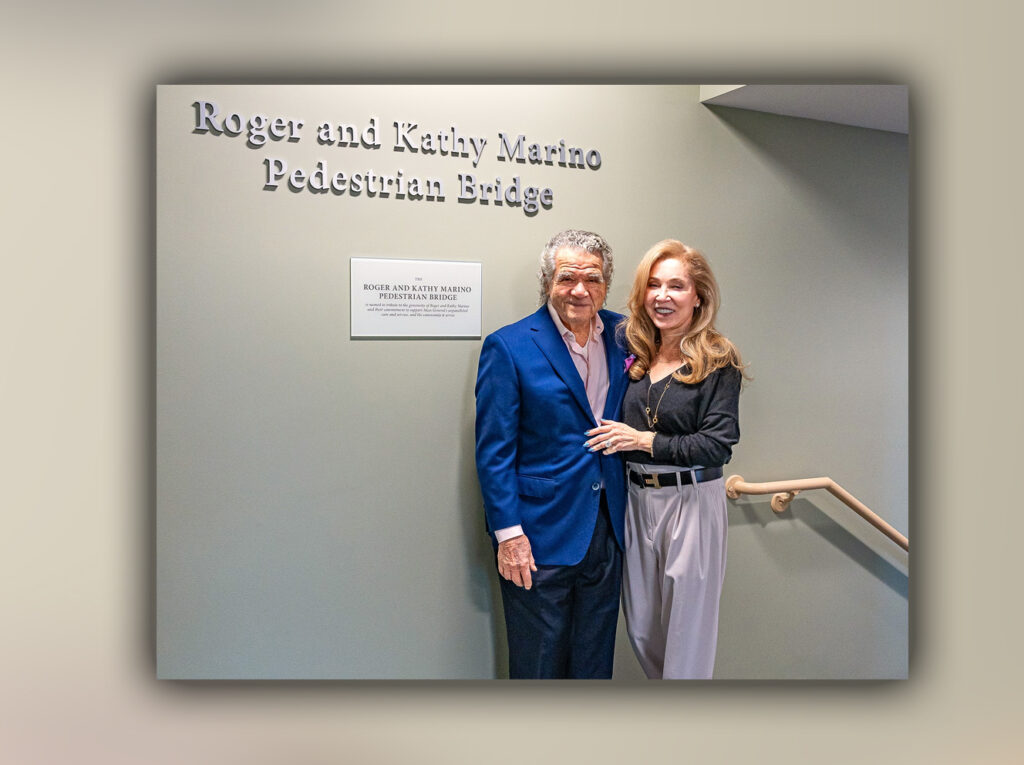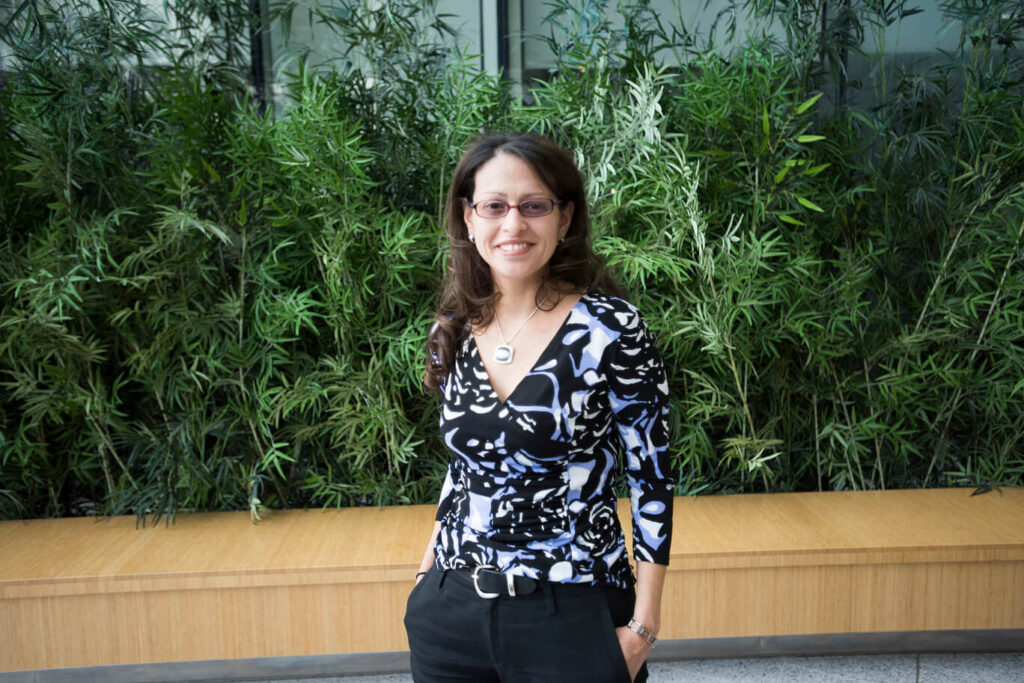The headlines about gun violence that appear daily — mass shootings, homicides, unintentional shootings and rising suicide rates — can evoke an overwhelming feeling of powerlessness. But, instead of yielding to that emotion, Chana A. Sacks, MD, MPH, and Peter T. Masiakos, MD, MS, decided to apply their clinical mindset to tackling the leading cause of death among U.S. children and adolescents. Together in 2019, they founded the MGH Gun Violence Prevention Center, a multidisciplinary initiative at Massachusetts General Hospital dedicated to preventing firearm-related violence and promoting safety in homes and communities.
The Center’s efforts include robust educational programs that teach clinicians how to have culturally competent conversations about firearms, collaborations with Emerson College aimed at changing the media narrative about gun violence, and wide-ranging research to understand the roots of gun violence — and to determine what interventions might be most effective. One of the Center’s recent studies analyzed thousands of insurance claims to map out the lasting damage that gunshots have on families and communities, work that was covered in the New York Times.
“We want to be a place that unites leaders from our cities, the hospital, the community and academia to break down silos and become a model of how to do this work.”
“There’s so much learned helplessness when it comes to this issue. People feel like there’s nothing they can do,” Dr. Sacks says. “Helping them understand that there are people working to change things and that we are making progress — that’s empowering. We want to be a place that unites leaders from our cities, the hospital, the community and academia to break down silos and become a model of how to do this work.”
The Statistics Are Personal
In 2020, gunshot wounds became the leading cause of death for children and adolescents in the United States. That statistic is deeply personal for Drs. Masiakos and Sacks: Dr. Masiakos is a pediatric trauma surgeon who has spent 30 years operating on children affected by gun violence, and Dr. Sacks’s 7-year-old cousin, Daniel Barden, was killed at the Sandy Hook Elementary School shooting in Newtown, Conn., in 2012.

The two physicians realized that they and their colleagues see many, many patients who suffer lifetime traumas from gun violence, but that there was little to no research on the subject. The dearth of research was due to the so-called Dickey Amendment, which Congress enacted in 1996 and which barred the Centers for Disease Control (CDC) from spending money to “advocate or promote gun control” for more than two decades until funding was reinstated in 2019.
“People across the medical community had used the Dickey Amendment as the explanation for why no work was being done in this space,” Dr. Sacks says. “I figured out the CDC had spent $2.6 million on research the year before the amendment passed. Then I realized that at Mass General, we’re in a place with resources and an enormous network. What if we raised half that amount and got to work?”
Starting — and Finishing — a Tough Conversation
Getting work underway meant starting at home, at Mass General, with their fellow clinicians. The Center found that doctors and nurses weren’t discussing firearm safety and storage with patients, even when it was relevant to their clinical conversations about depression and suicidal thoughts. That miss was because clinicians had never learned how to have these conversations — if they asked, and a patient shared that they did have a firearm at home, clinicians had no idea what to say next.
For the Center, it was a problem with a straightforward solution. The team developed an educational curriculum that incorporated epidemiology, statistics and counseling, and that also, most importantly, included opportunities for clinicians to develop and practice their language with a group of patient actors. The curriculum is now a core training requirement for all Mass General interns and the Center has, in collaboration with colleagues at Cincinnati Children’s Hospital, scaled the training through an avatar program — where a facilitator directs the conversation remotely — for hospitals in Missouri, Texas, Illinois, Ohio, Maine and New Jersey.
“Our trainees can really develop their language and work through their fears of having a conversation with a patient who might be resistant or defensive, and they can do that in a safe learning environment,” Dr. Sacks says.

Changing the Narrative
After almost a decade of working together on the issue, Drs. Masiakos and Sacks also realized that much of the work to address gun violence leaves out community participation and caring for a community’s emotional trauma in the wake of shootings. The pair developed relationships with Boston residents on the front lines of gun violence for decades, and they heard over and over about the need to change the narrative. Residents in Boston’s disadvantaged neighborhoods were frustrated that the media only showed up in their part of the city on the worst days, writing sensational headlines about gun violence with little in-depth reporting.
“What we have uncovered is the community that’s closest to the problem isn’t commonly asked to be a part of the solution.”
To shift the story, Drs. Masiakos and Sacks connected with the media department at Emerson College — renowned for media programs that produce many reporters and media professionals — and launched a three-year partnership called “Transforming Narratives of Gun Violence.” Students are paired with community partners, who work alongside Emerson faculty to teach courses on journalism, documentary film and other media disciplines. With the lived experience their community partners share, students can understand the roots and impacts of gun violence narratives in the media and create new, more accurate ones. The College now offers “Transforming Narratives of Gun Violence” as a minor and students in the program have produced documentaries on how doctors break the news to parents who have lost children to gun violence and on the ripple effect of gun violence in communities.
“What we have uncovered is the community that’s closest to the problem isn’t commonly asked to be a part of the solution,” Dr. Masiakos says. “By including survivors in the work we are doing at Emerson, we have seen the community and students become co-creators of the content to change narratives. Through this program, our community partners tell us that they feel like someone is listening to them and that they can tell their stories — without having someone else tell it for them in an uninformed way.”

Rebuilding the Research
Part of the ongoing work at the Gun Violence Prevention Center is rebuilding the library of available research following years of dormancy at the federal level. The Center’s research program focuses on injury and suicide prevention among older adults (as suicide is the most common form of death from gun violence and the rate is highest in the older adult age group); pediatric injury prevention, which often involves safe storage; and effective interventions to address gun violence in Boston. For Dr. Sacks, the Mass General environment is uniquely suited to advance their work to tackle this complex issue.
“This is a place that believes you’re here because you can take on challenges and make things better,” she says. “We have the most unbelievable methodologists in the world, partnering with the best health policy researchers in the world. The culture and the methods are all here.”
“Ideally, we’d like to see a day when there is no need for the Gun Violence Prevention Center,” Dr. Masiakos adds. “As we work toward this goal, we need to make sure that those who need to be heard are heard. We need to understand that there are many more victims of gun violence than the people who are shot, killed or wounded. We’re striving to learn so we can prevent firearm injuries before they happen.”
To learn more and support the work of the MGH Gun Violence Prevention Center, please contact us.





